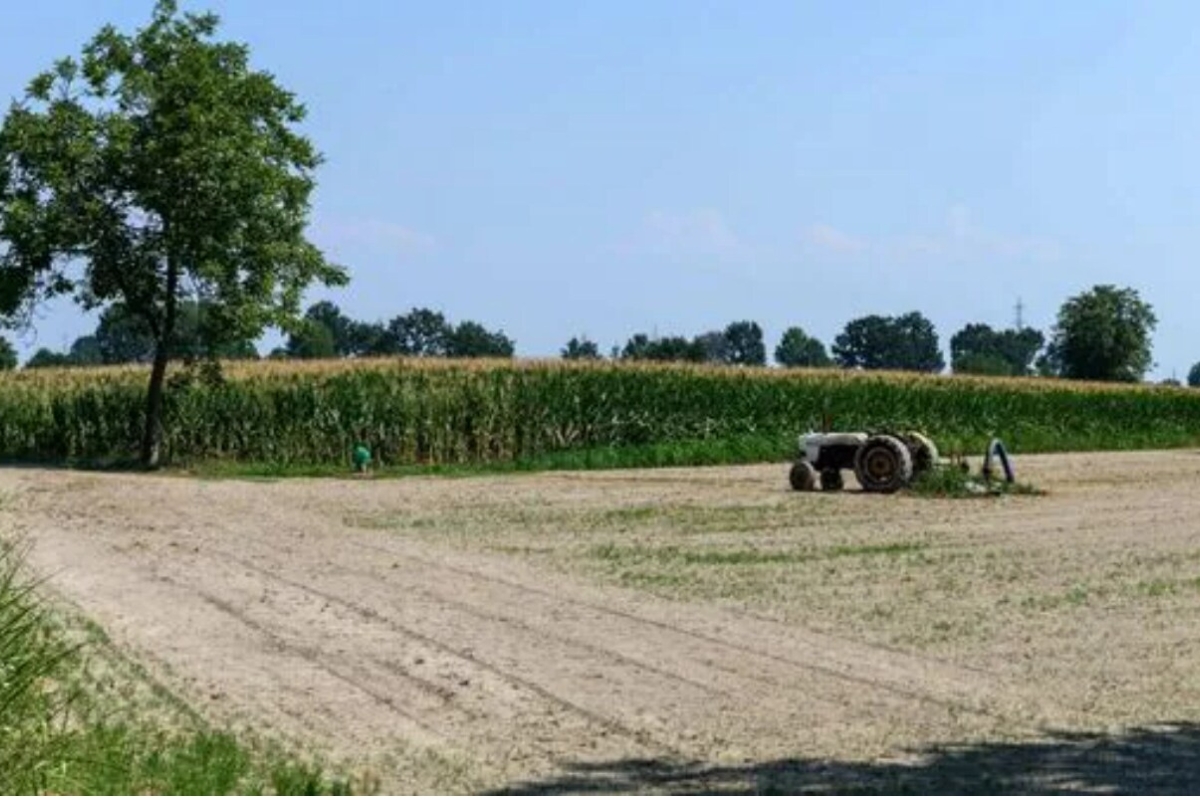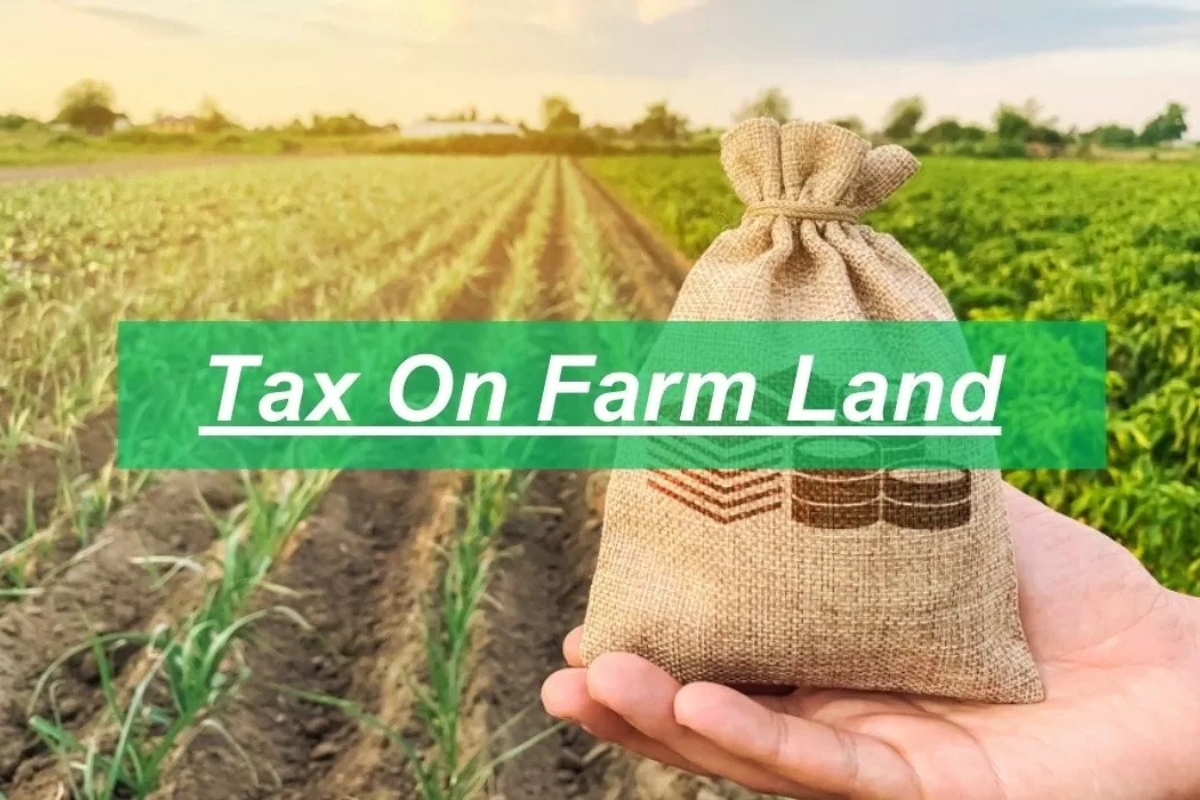People frequently wonder if they must pay income tax when they sell agricultural land in an agricultural nation like India, where land is more than just dirt; it is also connected to feelings and customs. particularly when the land must be sold for some reason or is a family heirloom.
Two faces of agricultural land: rural and urban

Rural and urban agricultural land are the two categories into which agricultural land is separated by government regulations. Land outside of the municipal jurisdiction that is situated in rural areas with lower population densities is exempt from taxes. However, this is not where the narrative ends. Agricultural land is increasingly falling under urban boundaries as cities grow and the population rises. Section 2(14) of the Income Tax Act defines such urban agricultural property as a “capital asset.” Additionally, capital assets are subject to taxes when they are sold.
Income Tax rules are decided based on how much distance and population
To identify urban land, the government has established precise guidelines. Your land will not be regarded as agricultural land if it is located within 8 kilometers of the edge of a city or town with a population of more than 10 lakh. In a similar vein, 6 kilometers of land fall under the Income Tax ‘s purview if the population is between 1 lakh and 10 lakh, and 2 kilometers if it is between 10,000 and 1 lakh.
When and how much tax has to be paid
After two years, you will be subject to a 20% long-term capital gain tax if you sell agricultural land that is located inside urban borders. The good news is that you will also benefit from indexation, which can lower your tax liability somewhat. However, you will be required to pay short-term capital gain tax, which will be determined based on your tax slab, if you sell that land before two years have passed.
Before selling the land, understand its legal status

People frequently sell land without providing all the information they need, and they later have to pay high taxes or receive a notification. It is crucial that you first determine if your property is urban or rural agricultural land. To avoid regretting it later, seek the counsel of a Income Tax professional or certified public accountant if required.
Disclaimer: This article is written for general information purposes only. The information given in it does not interpret the law and is not any kind of financial or legal advice. Before selling the land, please take personal consultation from a certified tax advisor.
Also Read:
